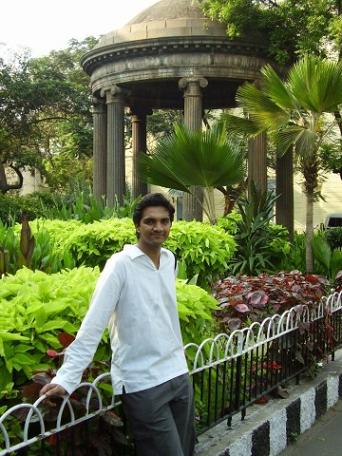20,700 feet to be exact. That’s the height at which the 75 km wide Siachen glacier sits at the northern tip of India. It was a location that had for long, ceased to be of any significance to the people on its either side, a pristine location untouched by humans, a view to behold. But then it all changed in the year 1984, when the place became popular – as the highest battlefield in the world. A once insignificant glacier, became the ultimate symbol of supremacy which neither side was willing to give up.
So, how did it all start? The 1972 Simla agreement, signed between India and Pakistan, failed to clarify which of the two sides controlled the Siachen glacier. In the 70’s Pakistan began giving mountain expedition permissions to anyone who wanted to scale the peaks from their side. This alerted the Indian army, who then decided to mount an army expedition as a counter exercise. On 13th April, the Indian army launched ‘Operation Meghdoot’ and marched into the glacier. Pakistan responded by deploying its own troops and tried to beat India to the top. Because of the head-start that India had, she was able to occupy most of the region, while Pakistan had to settle for what was remaining. Since then Pakistan has launched several attempts to conquer the glacier and India has stuck on to its position and Siachen has become a virtual boiling point in the Indo-Pak relations.
For us people commenting from the comforts of our homes, its just another of those several conflicts which are happening all over the world – taking comfort in the knowledge that such a conflict would never touch us in any manner. But spare a thought for the soldier - away from home, in hostile conditions and with the enemy right in front of him and with only each other for support. In winter, temperatures fall to below 50 degrees Celsius and you can see only snow for miles together, and frostbites and the hostile weather claims more lives than the gunfire, what keeps them going. Is it pride of serving in the toughest conditions? Or the hope of a comfortable life later on? A deep sense of patriotism and a staunch belief in the nation and its lawmakers? I don’t know because I’ve not been in their shoes. But what I do know is that they are the real heroes who have not been given their due. Its only when a Kargil comes do we suddenly realize that there are people out there fighting to protect us, while we are busy making our fortune.
While part of me argues, ‘What’s the point of this war? Someone has to cede power. And if the other side is not willing to, why not us’, part of me also argues ‘Why should it be us? Why can’t it be the other side’ and ‘Maybe we should hold on till we reach an amicable agreement’. Deciding is tough, more so for the decision-makers who would have to live with the tag of ‘the people who gave away a part of the nation’. But is it not worth it if that would mean you could die, knowing that you were the reason that so many lives were saved? Although it might seem utopian, if we view countries as just land demarcated by lines, does this whole land struggle make any sense at all? After all, I don’t know the person in Kashmir any better than I know a person in Uganda and a person in Srinagar might relate better with a person in Lahore and similarly a person in Karachi might relate better with the people from Lucknow. So, what’s all the fuss about?
Subscribe to:
Post Comments (Atom)

No comments:
Post a Comment